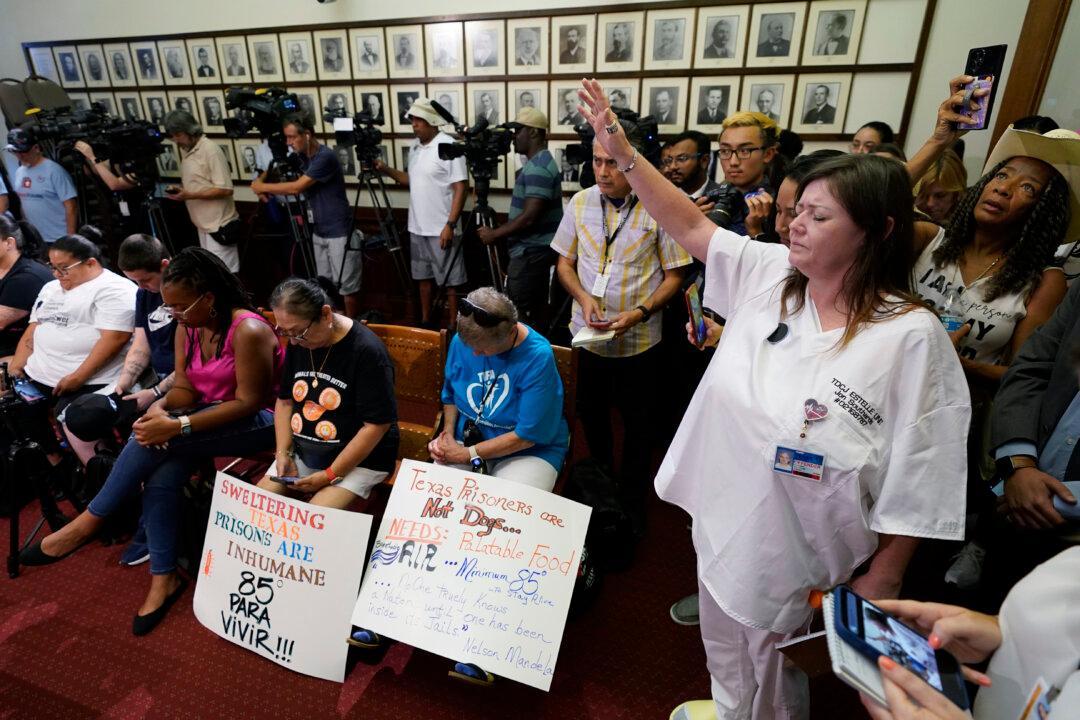Summertime in Texas is brutal, and for those without access to air-conditioning, it can be deadly. Since mid-June, excessive temperatures reaching 105 to 110 degrees and heat index values up to 120 have baked the region. And the next seven-day forecast shows more of the same.
Heat-related emergency department visits have surged this summer, and by the end of June, 13 deaths across the state were attributed to hyperthermia, an abnormally high body temperature caused by excessive heat exposure.





